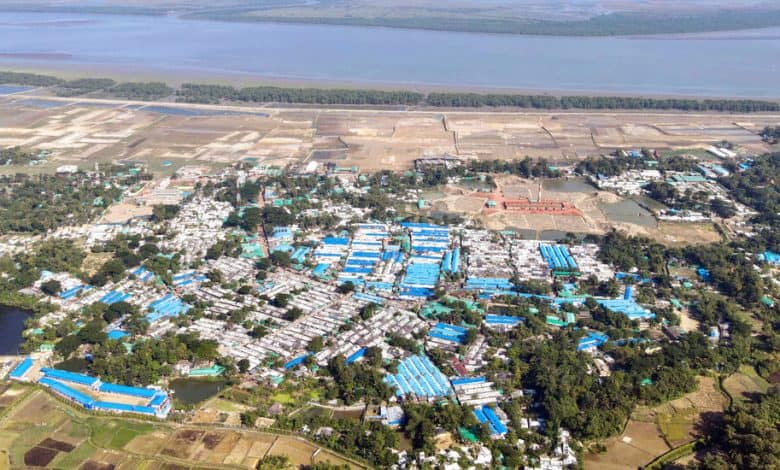The ‘Night Government’ Expands Its Violent Reach in Rohingya Camps

They could not worship freely. The authorities denied their very existence and razed evidence of their historical communities. Then came a campaign of ethnic cleansing that forced them to flee to a foreign country where they crowded into bamboo-and-tarp shelters. There they have waited years for a better life.
Instead, a new threat is stalking the roughly one million Rohingya Muslims from Myanmar who have resettled in refugee camps in Bangladesh: a surge in deadly violence from some of their own people.
Armed Rohingya groups and criminal gangs involved in the drug trade are so entrenched in the camps, aid groups and refugees said, that they are known as the “night government,” a moniker that signified their power and the time that they typically operated. In recent months, they have become more brazen, terrorizing their fellow Rohingya and battling one another in gunfights in broad daylight as they fight for control of the camps.
The escalating violence has become another scourge in the camps, which were already rife with disease and malnutrition, and prone to floods and landslides. Doctors working in the camps say that the number of gunshot wounds they are treating soared in the past year. Accounts in local news media show the number of killings in the camps doubled to more than 90 over the same period. Abductions increased fourfold.
“Security is now our number one concern in the camps,” said Sumbul Rizvi, who represents the United Nations High Commissioner for Refugees in Bangladesh. By the agency’s count, so-called serious security incidents have nearly tripled in the past year, prompting more and more Rohingya to take treacherous boat journeys to flee the camps.
